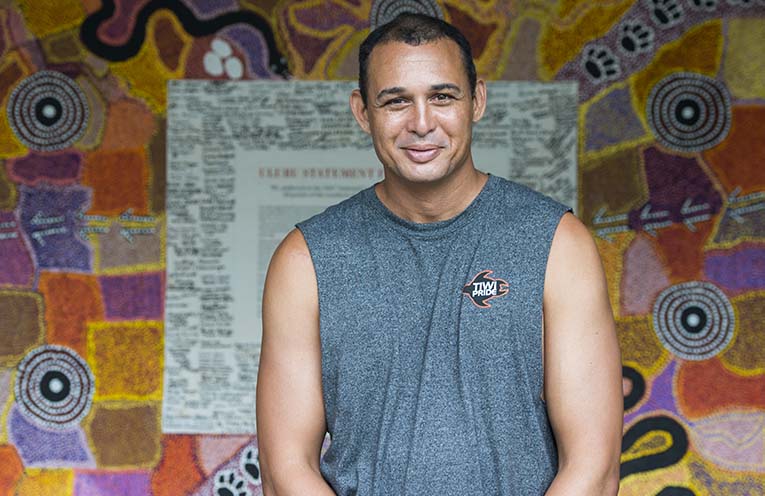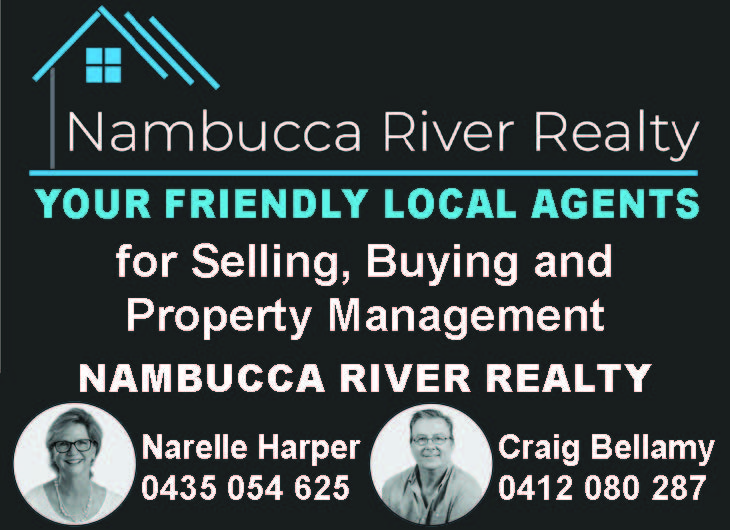
MORE than 100 people attended an event in Coffs Harbour last week to learn more about the Voice to Parliament.
Ahead of the national referendum, author of The Voice to Parliament Handbook and First Nations advocate Thomas Mayo met with representatives from the Uniting Church and members of the local First Nations community.
 Advertise with News of The Area today.
Advertise with News of The Area today.It’s worth it for your business.
Message us.
Phone us – (02) 4981 8882.
Email us – [email protected]
“Coffs Harbour is similar to elsewhere in the country, when you tell people the truth without the fear and the purposeful confusion, there’s great support and enthusiasm to get out there and vote Yes.
“We talked about the history of the Voice, and the massive support,” said Thomas, who has spent months travelling Australia meeting with local communities and hearing their stories.
The advisory voice to Parliament, commonly referred to as The Voice, is a form of constitutional recognition that gives Aboriginal and Torres Strait Islander people a voice in the Australian Parliament.
“It’s simply an advisory voice to Parliament, but it is strong advice that’s given by the people most affected – Indigenous people.
“Constitutional experts have shown it won’t cause chaos in our democracy, it will strengthen it by granting us the ability to meaningfully be heard on the laws and policies that affect us,” said Thomas.
The Voice was recommended after a years-long engagement with First Nations communities across Australia.
In a recent speech to Parliament, Federal Member for Cowper Pat Conaghan said he had spoken with First Nations people in Darwin and Alice Springs about the Voice, and found many had not made up their minds yet.
According to Thomas Mayo, this scenario illustrates the need for an Indigenous Voice to Parliament.
“Here we have a politician who has flown into a community and flown back out, quoted Indigenous people and groups not named.
“He has demonstrated precisely why Indigenous people are calling for a voice, not more of the same politicians deciding which Indigenous people they will speak to, rather than people we have chosen to speak for us,” Thomas said.
Local business operator, Gumbaynggirr elder, war veteran and founder of Bangarra Dance Company, Uncle Rob Bryant remembers the last referendum significantly affecting the lives of Aboriginal and Torres Strait Islander people.
On 27 May 1967, Australians voted to change the Constitution so that, like other Australians, Aboriginal and Torres Strait Islander peoples would be counted as part of the population and the Commonwealth would be able to make laws for them.
It was the same year Uncle Rob joined the Royal Australian Air Force, despite his citizenship status being unclear.
“I’m glad I’m still alive for this referendum.
“To those who say the Voice is not the right answer, I’d say – you’ve never lived in the Aboriginal community.
“We all have freedom to make our choice at the ballot box.
“But all you have to do is look at the current situation.
“This is the time we have to make change,” Uncle Rob said.
“Australia has a black history in more ways than one, and that history needs to be remedied.
“A vote for yes is the beginning of that remedy.”
By Kate ELKS ZADEL
